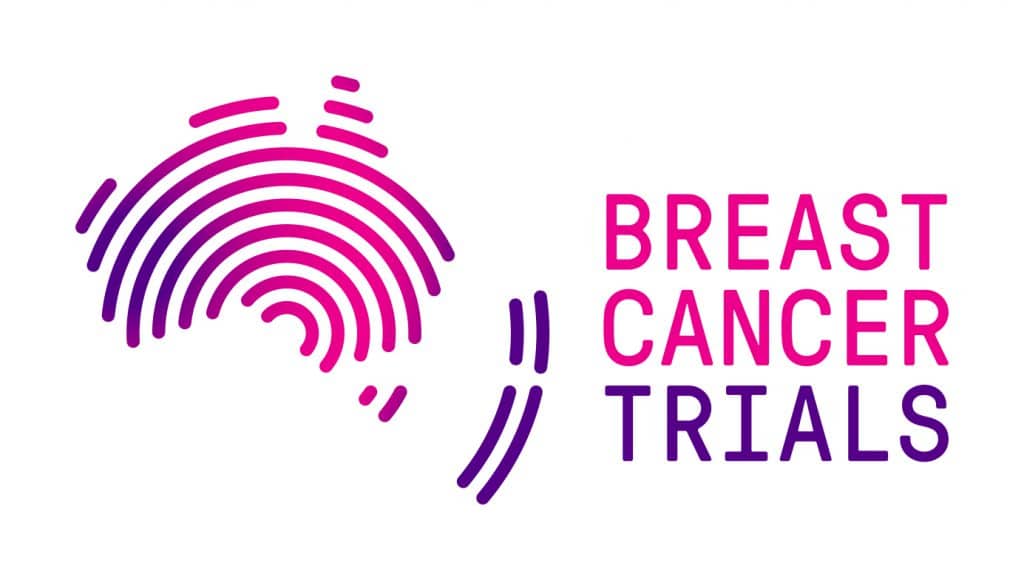Improving Treatments for Patients with Metastatic Breast Cancer Using Genomic Profiling
New research has found that patients with metastatic breast cancer may benefit from having their genome profiled, to help identify tumours that could be treated with a targeted treatment.
Called the SEGMENT study, the aim of the proof of concept research was to examine the feasibility of characterising genomic alterations using a customized next generation multi-gene sequencing panel on tumour specimens obtained from patients with incurable and/or advanced breast cancer.
Metastatic breast cancer (MBC) is an incurable disease. While next-generation sequencing (NGS) can identify tumours which may be matched with targeted therapies, more information is needed to be able to identify these targetable tumours within MBC patients.
The study found that genomic sequencing for the management of MBC is both feasible and has implications for clinical practice, particularly for patients who are medically suitable for participation in clinical trials testing newer treatments. Due to the difficulties in obtaining biopsies of metastatic disease, the combination of tumour and circulating tumour DNA (ctDNA) sequencing is likely to be the best strategy to improve the rate of successful genomic profiling and where possible, patients with MBC should undergo molecular profiling.
The project received Discretionary Funding from Breast Cancer Trials (BCT) of $50,000 in year 1 and $50,000 in year 2, which was awarded to Professor Sherene Loi from the Peter MacCallum Cancer Centre. Professor Loi is the Study Chair of the DIAmOND and CHARIOT clinical trials, a BCT Board Director and is a member of the BCT Scientific Advisory Committee.
“We thank the 322 patients who were recruited to this study across Australia, who are helping researchers to learn more about metastatic breast cancer and to find new and improved treatments for this disease,” Professor Loi said.
Breast Cancer Trials supports researchers in developing collaborative, high quality research projects and clinical trials that aim to find new and better treatments and prevention strategies for breast cancer. Discretionary Funding grants are available to BCT members to support small scale research projects such as: pilot studies for proposed BCT trials; sub-studies of existing research protocols; small-scale translational research studies; and projects related to research methodology.
One-off grants of up to $50,000 per year over 1-2 years are available and applications can be submitted at any time by completing a Concept Proposal Form. This funding is available thanks to the generosity of BCT supporters.
For more information about Discretionary Funding and support for BCT members, please visit the BCT website at: www.breastcancertrials.org.au/research-development.
Details of the study publication:
Clinical implications of prospective genomic profiling of metastatic breast cancer patients. van Geelen CT, Savas P, Teo ZL, Luen SJ, Weng C-F, Ko Y-A, Kuykhoven KS, Caramia F, Salgado R, Francis PA, Dawson S-J, Fox SB, Fellowes A, Loi S. Breast Cancer Research. 2020; 22:91. https://doi.org/10.1186/s13058-020-01328-0
Breast Cancer Trials – www.breastcancertrials.org.au – has been conducting clinical trials research for more than 40 years and the results have improved the treatment of the disease, changed clinical practice and saved lives through research collaboration. The research program brings together almost 800 researchers in 107 institutions throughout Australia and New Zealand. More than 16,000 people have participated in BCT clinical trials.
Media Contact: Anna Fitzgerald 0400 304 224 or anna.fitzgerald@bctrials.org.au
Our life-saving breast cancer research is only possible thanks to the continued generosity of our supporters. Please help continue this vital work by making a donation today.
Support Us
Help us to change lives through breast cancer clinical trials research

